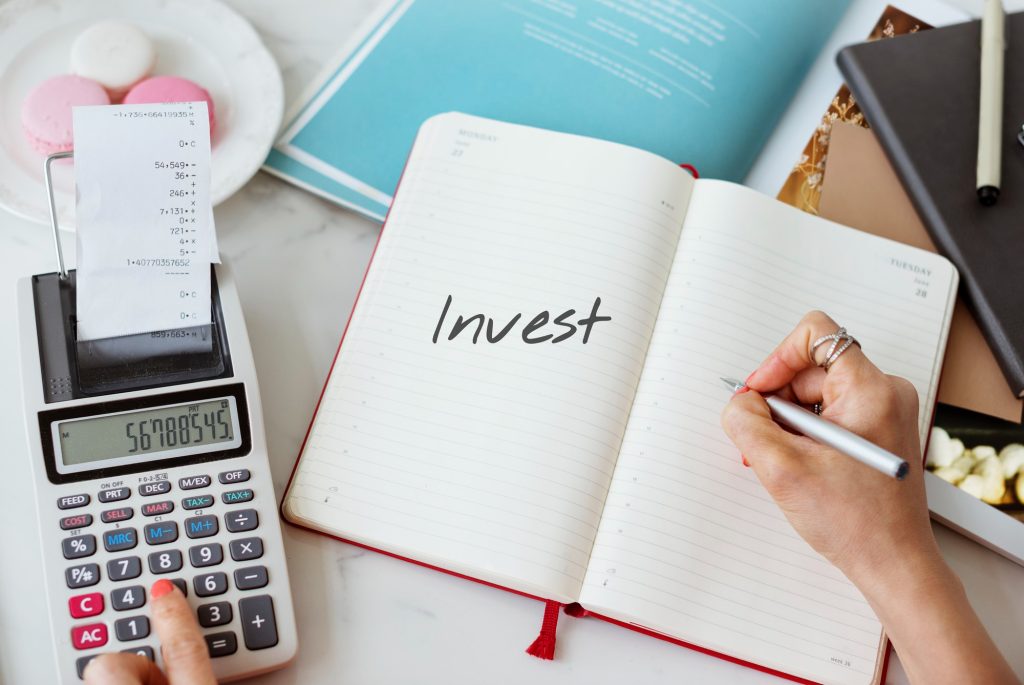
When you’re young and just starting, it can be hard to imagine that you’ll ever be able to retire. But the truth is that most people don’t have to save up millions of dollars to achieve financial independence. Instead, if you’re willing to work hard during your youth and invest wisely as early as possible, there are plenty of ways to retire, even with a smaller savings account. To help you get started on this adventure today, we’ve compiled some tips for how much money do you need to retire at 40 so that you can retire comfortably when the time comes:
Social Security plays a big role.

Social Security is a big part of your retirement savings. If you are like most Americans, Social Security will be there for you if and when you retire. But how much money do you need to retire at 40? That depends on how much Social Security benefits will be available to help supplement your other sources of income.
Social Security is going to be around for a while. Still, the program does face financial challenges that will affect future beneficiaries (that includes people who have yet to be born). The good news is that these challenges can be mitigated by smart planning and investment decisions on behalf of current retirees as well as younger generations who may still have time left before they start collecting their benefits or begin thinking about how best to invest their savings so that they’re ready when those payments come due later down the line.
Investing early is crucial.
Investing early is crucial in your quest to retire at 40. The longer you invest, the more time your money has to grow. The same goes for compound interest, which means that every year that passes, taking advantage of it will make it easier for your investments to reach their full potential.
You probably already know that compound interest can work in your favor. But if you want to retire at 40, it’s important to remember that it can also work against you. If you don’t start investing until later on in life, the impact of compound interest will be less favorable.
Don’t be too conservative with your investments.

It would help if you also were careful not to be too conservative. The last thing you want is for your investments to lose money over the years and leave you with nothing when it’s time for retirement.
While having some risk in your portfolio is good, ensure that most of your investments are safe so that if something goes wrong with one or two stocks or funds, it won’t mean disaster for your portfolio.
If you’re investing for retirement, it’s important to remember that the longer you invest, the more likely your investments will increase in value. The power of compounding interest means that over time, your money has more and more opportunities to grow.
Diversify your savings
It would be best if you diversified your savings. Don’t rely on one source of income; if something happens to that funding source, you’ll be left with nothing.
Diversification means having more than one source of income. For example, you could have multiple jobs or passive income from investments like real estate or cryptocurrency trading.
You should also diversify your investments so that you don’t put all your eggs in one basket–or, in this case: all your money into one investment vehicle (like stocks). Diversification means spreading your investments across different asset classes, such as stocks/bonds/cash equivalents, etc., so if one performs poorly, another may perform better and help offset losses from the first investment class.
You don’t need to save up millions of dollars to retire early.

You don’t need to save millions of dollars from retiring early because Social Security and other measures can help you get there.
The most obvious way to retire at 40 is by saving enough money in your 401(k) or IRA. The average American worker saves $3,500 per year (before taxes). According to a 2018 survey by Bankrate.com, it’s a good start, but you need more if you want financial security during your golden years. You also need investments outside of work-sponsored plans like 401(k) ‘s and IRAs; these are called “non-qualified” accounts because they’re not sponsored by an employer or government entity like Social Security is–they’re just investment vehicles managed by banks or investment firms like Vanguard or Fidelity Investments.
Conclusion
Ultimately, it’s important to remember that retirement is not just about money. Your health is a big factor, too. So if you plan on retiring early and want to live out your golden years in good health, ensure that you take care of yourself now – by exercising regularly and eating right!





















Add Comment